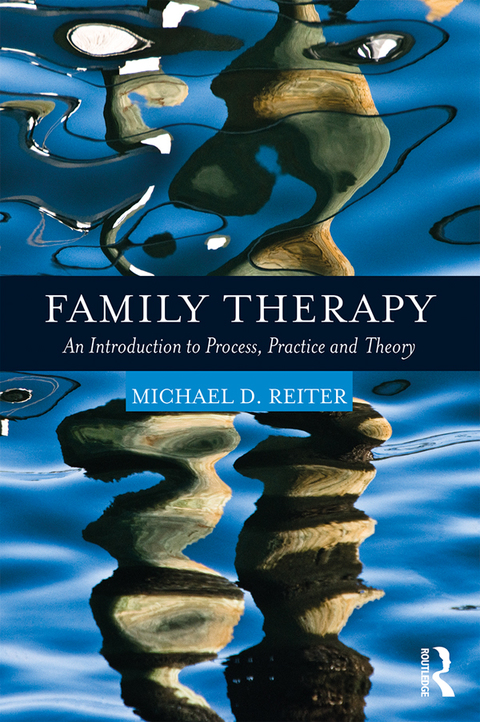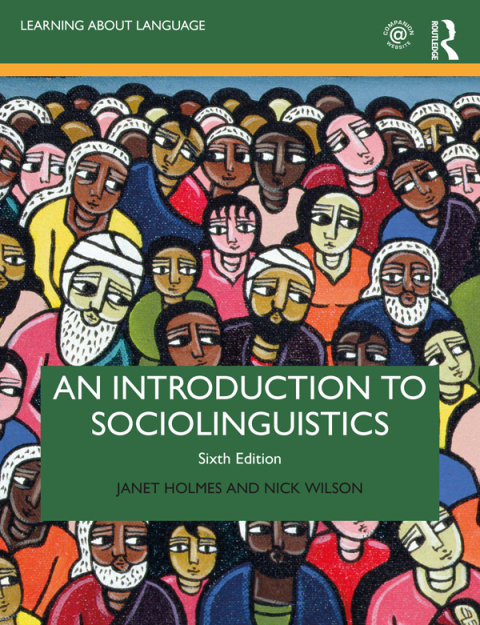Description
Efnisyfirlit
- Cover
- Half Title
- Title Page
- Copyright Page
- Dedication
- Contents
- Preface
- Part I Thinking of a Family Therapist
- 1 General Systems Theory
- Systems Theory
- Lineal Versus Circular Causality
- Homeostasis
- Systems
- Exercising Your Understanding 1.1
- Content and Process
- Exercising Your Understanding 1.2
- Patterns of Relationships
- Changing Patterns
- Exercising Your Understanding 1.3
- Exercising Your Understanding 1.4
- Questions for Expansion
- 2 Self of the Therapist
- Caring About Others
- Self-Reflection
- Exercising Your Understanding 2.1
- Building Your Genogram
- Exercising Your Understanding 2.2
- Countertransference
- Exercising Your Understanding 2.3
- Mindfulness
- Exercising Your Understanding 2.4
- The Self of the Therapist
- Burnout
- Therapist Self-Care
- Exercising Your Understanding 2.5
- Questions for Expansion
- 3 Who is Your Client?
- Patient Versus Client
- The Identified Patient
- Types of Therapist-Client Relationships
- Exercising Your Understanding 3.1
- Stages of Readiness for Change
- Exercising Your Understanding 3.2
- The Client as Expert
- Questions for Expansion
- 4 Diversity
- Diversity
- Multiculturalism
- Privilege
- Cultural Competence
- Exercising Your Understanding 4.1
- Questions for Expansion
- Part II Skills of a Family Therapist
- 5 Beginning the Family Therapy Session
- The Initial Phone Call
- Introducing Yourself
- Exercising Your Understanding 5.1
- Who to Begin With
- The Therapeutic Relationship
- Joining
- Goals of a First Session
- Questions for Expansion
- 6 Basic Empathy Skills
- Three Core Conditions
- Empathy
- Door Openers
- Minimal Encouragers
- Client Narratives
- Paraphrasing
- Exercising Your Understanding 6.1
- Exercising Your Understanding 6.2
- Keeping Paraphrases Nonjudgmental
- Exercising Your Understanding 6.3
- Exercising Your Understanding 6.4
- Beginning of the Issue Cycle
- Exercising Your Understanding 6.5
- Questions for Expansion
- 7 Advanced Empathy Skills
- Identifying Emotions
- Exercising Your Understanding 7.1
- Levels of Intensity of Feelings
- Exercising Your Understanding 7.2
- Distinguishing Between Content and Feeling
- Exercising Your Understanding 7.3
- Reflections of Feelings
- Straightforward Versus Combination Reflections
- Exercising Your Understanding 7.4
- Exercising Your Understanding 7.5
- Keeping the Focus on the Client
- Exercising Your Understanding 7.6
- Reflecting From the Client’s Voice
- Building the Issue Cycle
- Exercising Your Understanding 7.7
- Metaphors
- Exercising Your Understanding 7.8
- Temporality
- Reflection of Meaning
- Exercising Your Understanding 7.9
- Building the Issue Cycle
- Exercising Your Understanding 7.10
- Questions for Expansion
- 8 Mutualization
- Mutualizing
- Joining
- Mutualizing the Issue Cycle
- Ordering the Issue Cycle
- Exercising Your Understanding 8.1
- Reframing
- Exercising Your Understanding 8.2
- Focusing on Process Rather than Content
- Deconstructing the Symptom
- Questions for Expansion
- 9 Effective Use of Questions
- Purpose of Questions
- Perception Checking
- Open Versus Closed Questions
- Exercising Your Understanding 9.1
- Why is Why Bad?
- Exercising Your Understanding 9.2
- Don’t You Think Do You Think Questions are Problematic?
- Exercising Your Understanding 9.3
- Relational Questions
- Questions as Interventions
- Exercising Your Understanding 9.4
- Client Questions and Empathy
- Pitfalls of Questions
- Exercising Your Understanding 9.5
- Building the Issue Cycle
- Exercising Your Understanding 9.6
- Questions for Expansion
- 10 Use of Self in Therapy
- Vocalics
- Exercising Your Understanding 10.1
- Humor
- Challenges
- Exercising Your Understanding 10.2
- Self-Disclosure
- Exercising Your Understanding 10.3
- Exercising Your Understanding 10.4
- Immediacy
- Questions for Expansion
- 11 Dealing with Intensity
- Decreasing Intensity
- Increasing Intensity
- Developing Enactments
- Exercising Your Understanding 11.1
- Movement and Touch
- Exercising Your Understanding 11.2
- Being Creative and Playful
- Exercising Your Understanding 11.3
- Exercising Your Understanding 11.4
- Questions for Expansion
- 12 Goal Setting and Termination
- Summarizing
- Exercising Your Understanding 12.1
- Goal Setting
- Building the Issue Cycle
- Exercising Your Understanding 12.2
- Prioritizing Goals
- Termination
- Questions for Expansion
- Part III Theory of a Family Therapist
- 13 Intergenerational Family Therapies
- Bowen Family Systems Theory
- Developer of the Model
- Theory of Problem Formation
- Exercising Your Understanding 13.1
- Theory of Problem Resolution
- Contextual Family Therapy
- Developer of the Model
- Theory of Problem Formation
- Theory of Problem Resolution
- Questions for Expansion
- 14 Experiential Family Therapies
- Satir’s Growth Model
- Developer of the Model
- Theory of Problem Formation
- Exercising Your Understanding 14.1
- Theory of Problem Resolution
- Exercising Your Understanding 14.2
- Symbolic-Experiential Family Therapy
- Developer of the Model
- Theory of Problem Formation
- Theory of Problem Resolution
- Questions for Expansion
- 15 Strategic Family Therapies
- MRI Brief Therapy
- Developer of the Model
- Theory of Problem Formation
- Theory of Problem Resolution
- Exercising Your Understanding 15.1
- Strategic Family Therapy
- Developer of the Model
- Theory of Problem Formation
- Theory of Problem Resolution
- Questions for Expansion
- 16 Systemic Family Therapies
- Structural Family Therapy
- Developer of the Model
- Theory of Problem Formation
- Exercising Your Understanding 16.1
- Theory of Problem Resolution
- Milan Systemic Family Therapy
- Developers of the Model
- Theory of Problem Formation
- Theory of Problem Resolution
- The Three Guidelines
- Hypothesizing
- Circularity
- Exercising Your Understanding 16.2
- Neutrality
- Interventions
- Questions for Expansion
- 17 Postmodern Family Therapies
- Solution-Focused Brief Therapy
- Developer of the Model
- Theory of Problem Formation
- Theory of Problem Resolution
- Exercising Your Understanding 17.1
- Narrative Therapy
- Developer of the Model
- Theory of Problem Formation
- Theory of Problem Resolution
- Exercising Your Understanding 17.2
- Exercising Your Understanding 17.3
- Questions for Expansion
- 18 Future of Family Therapy
- Common Factors
- Core Competencies
- Evidence-Supported/Empirically Supported Therapies
- Conclusion
- Questions for Expansion
- Appendix: Master “Cheat Sheet”
- References
- Index






Reviews
There are no reviews yet.